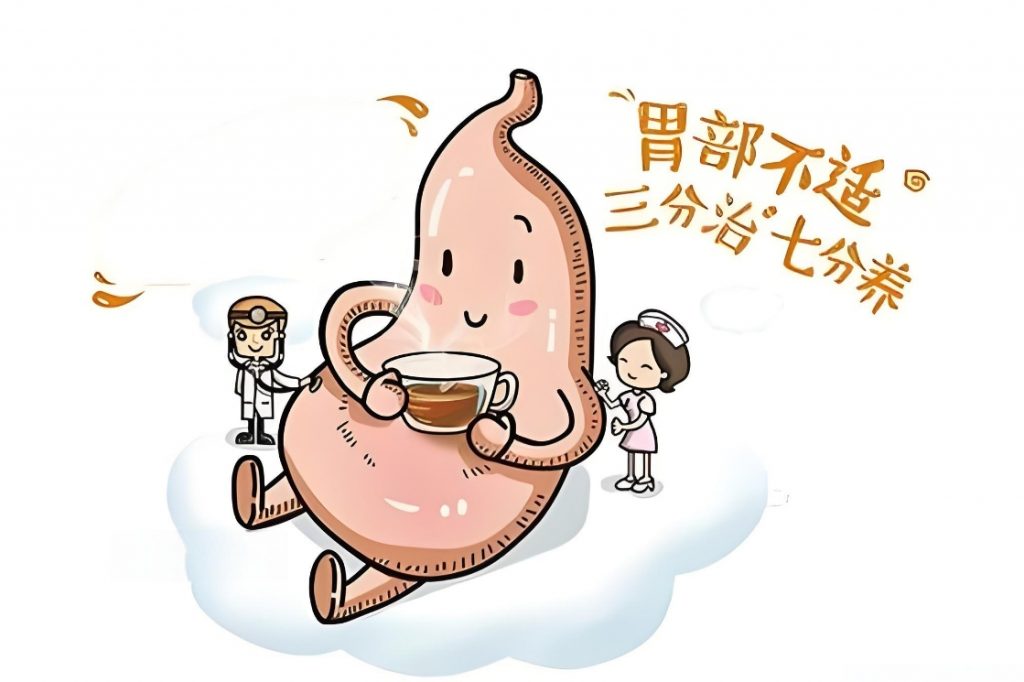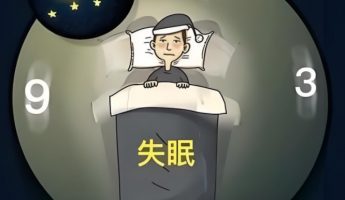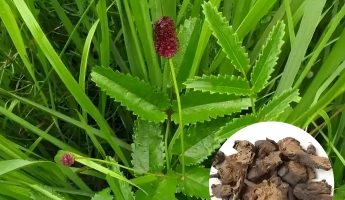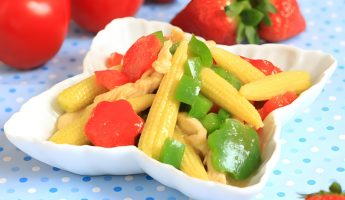Modern people have a fast pace of life, are mentally tense, and often have irregular meals, social gatherings, and late night snacks. They are prone to bloating, diarrhea, constipation, loss of appetite, and even pale, yellowish complexion, lack of energy, and physical fatigue. This is because the spleen and stomach have been damaged, leading to hidden health problems.
Traditional Chinese medicine believes that the spleen and stomach belong to the soil attribute and the middle burner, and are important sources of qi and blood biochemistry. They jointly undertake the important responsibility of transforming qi and blood, and can be regarded as the foundation of postnatal development. During the process of growth, people require a large amount of energy, which is mainly obtained through diet. However, diet must be converted into qi and blood energy through the joint work of the spleen and stomach.

So, how should traditional Chinese medicine regulate the spleen and stomach?
01 Dietary Maintenance
In terms of diet, try not to eat cold, greasy, spicy and other foods that can easily damage the spleen and stomach, such as coriander, radish, watermelon, fatty meat, chili, etc. Usually, you can eat some food that is good for the spleen and stomach function, such as millet porridge, yam, red dates, japonica rice, etc. It is recommended to maintain regular eating habits, a reasonable diet, avoid overeating, choose mild and easily digestible foods, quit smoking and drinking, and avoid increasing the burden on the stomach and affecting spleen and stomach function.
02 Moderate exercise
In daily life, moderate exercise is recommended. Exercise before meals can help digest energy and increase appetite; Exercise after meals can promote gastrointestinal motility and have certain benefits for the spleen and stomach. However, it is important to avoid exercising immediately after meals and can be done one hour later. You can also do some health exercises appropriately, such as Eight Section Brocade, Five Animal Play, etc.
03 Traditional Chinese Medicine External Treatment
① Cupping therapy: Bladder meridian cupping can be used, and cupping can be left at the Spleen Shu, Stomach Shu, and Middle Wan acupoints.
② Moxibustion therapy: moxibustion with ginger or moxa box at acupoints such as Zhongwan, Guanyuan, Bishu, Weishu, etc.
③ Acupoint pressing: Use your fingers to press on the epigastric region and Guanyuan, and gently massage the Shenque area with your palm.
④ External application of traditional Chinese medicine: Grind the traditional Chinese medicine powder and apply it in a paste like form with ginger juice or water.



